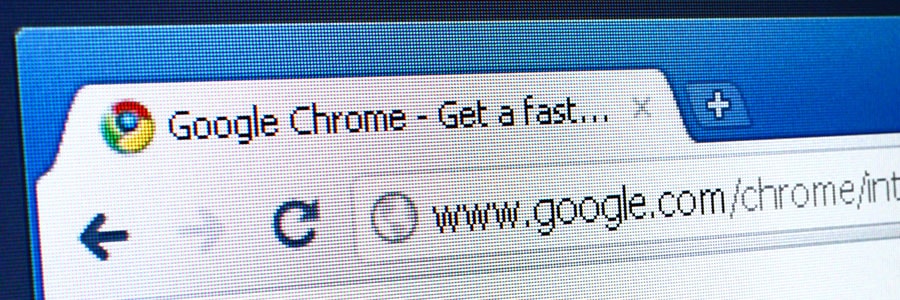It's no secret that technology advances at a rapid pace. Sooner or later, even the best devices will start to feel slow and outdated. If you're in the market for a new computer, you may be wondering what to do with your old one. Don't worry because we've got you covered.
5 Creative and useful ideas for your old PC
Safeguarding social media: Tips for keeping your personal information protected
Safeguard your mobile devices with these tips

Mobile devices are generally less secure than laptop and desktop computers. While there are available anti-malware applications for smartphones and tablets, they aren’t as comprehensive as those for laptops and desktops. Additionally, some mobile devices aren’t compatible with certain security applications or measures implemented by businesses.
Protect your Facebook and Twitter from hackers

Popular social media platforms like Facebook and Twitter have been suffering massive data breaches for a number of years now. If you wish to continue using these services, you need to tighten your social media privacy settings. Here are a few reminders and tips to help you secure your personal information on social media.
Watch out for this Android malware
What can you do with an old PC?
Keeping Facebook and Twitter safe from hackers
Get a load of these neat PDF features in Google Drive
Great uses for an old computer

If your PC has been struggling to perform all the tasks you have at hand, we completely understand why you would be itching for a new one, or even if you’ve already replaced it with the latest model. But even if it’s old, sluggish, and always crashing, your old desktop or laptop may still prove to be useful.
Chrome to mark HTTP as ‘not secure’

Within the last year, Chrome has helped users understand that HTTP sites are not secure. More websites use HTTPS, a safer protocol, than ever before. So, how can you benefit from this transition? Find out here.
For several years, Google has moved toward a more secure web by strongly advocating that sites adopt the Secure HyperText Transfer Protocol (HTTPS) encryption.
- 1
- 2






